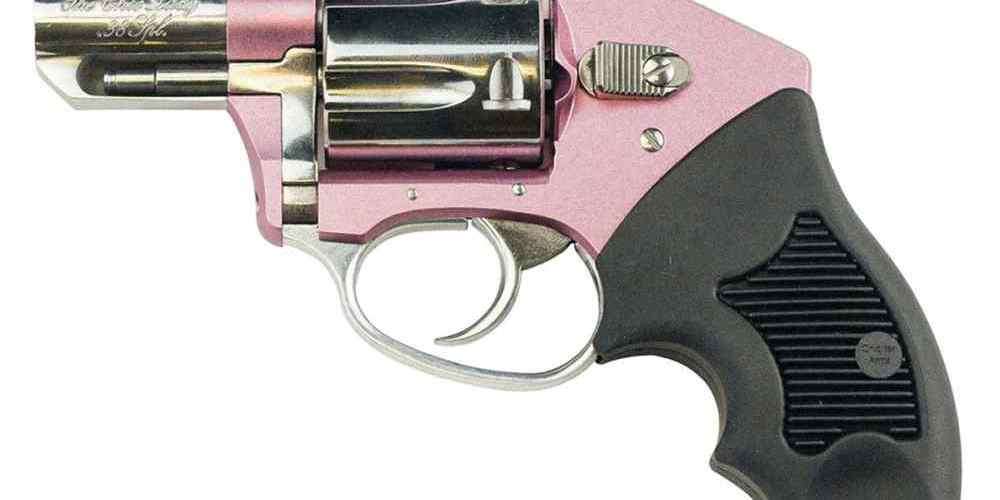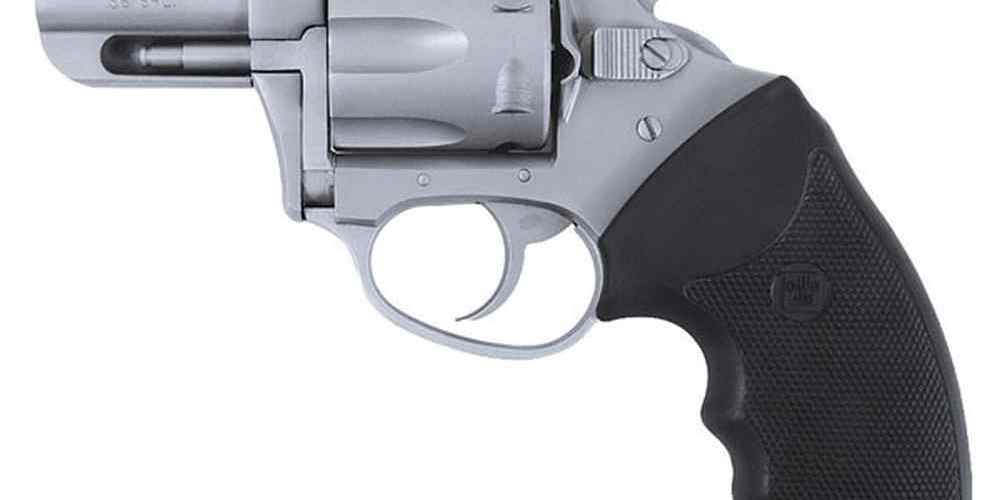“Protecting rights, stimulating economies.”
Economic Benefits of Gun Ownership
The Second Amendment of the United States Constitution guarantees the right of citizens to keep and bear arms. This fundamental right has sparked much debate and controversy over the years, with arguments on both sides of the issue. While the debate over gun control and gun violence continues, one aspect that is often overlooked is the economic impact of the Second Amendment and gun ownership.
Gun ownership in the United States is widespread, with an estimated 393 million civilian-owned firearms in the country. This high rate of gun ownership has led to a thriving firearms industry, which contributes significantly to the economy. The firearms industry includes manufacturers, retailers, gun ranges, and training facilities, all of which create jobs and generate revenue.
One of the key economic benefits of gun ownership is job creation. The firearms industry employs thousands of people across the country, from gunsmiths and machinists to salespeople and range instructors. These jobs provide a source of income for individuals and families, helping to support local economies and communities.
In addition to job creation, gun ownership also stimulates economic activity through the sale of firearms and related products. Gun sales generate billions of dollars in revenue each year, with Americans spending an estimated $52.1 billion on firearms and ammunition in 2020 alone. This spending not only benefits manufacturers and retailers but also has a ripple effect throughout the economy, supporting suppliers, distributors, and other businesses in the firearms industry.
Furthermore, gun ownership has a positive impact on tourism and recreation. Gun ranges and shooting facilities attract visitors from near and far, who spend money on range fees, equipment rentals, and training courses. These facilities also host competitions and events, which bring in participants and spectators, further boosting local economies.
Despite these economic benefits, gun ownership also has its critics who argue that the costs of gun violence outweigh the economic gains. While it is true that gun violence has a significant social and economic cost, it is important to consider the broader impact of gun ownership on the economy as a whole.
In conclusion, the Second Amendment and gun ownership have a significant economic impact on the United States. The firearms industry creates jobs, generates revenue, and supports local economies, contributing to the overall prosperity of the country. While the debate over gun control and gun violence continues, it is important to recognize the economic benefits of gun ownership and consider them in the broader context of the economy. Ultimately, a balanced approach that takes into account both the costs and benefits of gun ownership is essential to addressing this complex issue.
Cost of Gun Violence on Society
The Second Amendment of the United States Constitution guarantees the right of citizens to bear arms. This constitutional right has had a significant impact on the economy, particularly in terms of gun ownership and the cost of gun violence on society.

Gun violence has far-reaching economic consequences that affect individuals, communities, and the nation as a whole. The direct costs of gun violence include medical expenses, law enforcement and criminal justice costs, and lost productivity. According to a study by the Giffords Law Center, gun violence costs the United States over $229 billion annually. This staggering figure includes both the tangible costs, such as medical bills and legal fees, as well as the intangible costs, such as pain and suffering.
In addition to the direct costs, gun violence also has indirect economic impacts. Businesses in high-crime areas may suffer from decreased foot traffic and sales, leading to lost revenue and potential closures. Property values in neighborhoods plagued by gun violence may decline, further exacerbating economic disparities. The fear of gun violence can also deter investment and economic development in affected communities, creating a cycle of poverty and crime.
Furthermore, the emotional toll of gun violence can have long-lasting economic effects. Survivors of gun violence may struggle with physical and mental health issues, leading to increased healthcare costs and lost productivity. Families who lose loved ones to gun violence may face financial hardships due to funeral expenses and loss of income. The trauma of gun violence can also impact children’s academic performance and future earning potential, perpetuating the cycle of poverty.
Despite the high economic costs of gun violence, the debate over gun control remains contentious. Proponents of gun rights argue that the Second Amendment is a fundamental right that should not be infringed upon. They believe that responsible gun ownership is a deterrent to crime and a means of self-defense. However, opponents of gun rights argue that the proliferation of firearms contributes to the prevalence of gun violence and mass shootings in the United States.
In order to address the economic impact of gun violence, policymakers must consider a comprehensive approach that balances the rights of gun owners with the need for public safety. This may include implementing universal background checks, closing loopholes that allow individuals to purchase firearms without a background check, and restricting access to high-capacity magazines and assault weapons. Investing in community-based violence prevention programs and mental health services can also help reduce the incidence of gun violence and its economic costs.
Ultimately, the economic impact of the Second Amendment and gun ownership is a complex issue that requires thoughtful consideration and collaboration among stakeholders. By addressing the root causes of gun violence and implementing evidence-based policies, we can work towards a safer and more prosperous society for all.
Impact of Gun Control Laws on Economy
The Second Amendment of the United States Constitution guarantees the right of American citizens to bear arms. This fundamental right has had a significant impact on the country’s economy, particularly in the firearms industry. The debate over gun control laws and regulations has been ongoing for years, with proponents arguing for stricter measures to reduce gun violence, while opponents advocate for the protection of Second Amendment rights.
One of the key arguments in favor of gun control is the potential economic benefits that could result from reducing gun violence. The cost of gun violence to the economy is substantial, with estimates ranging from billions to hundreds of billions of dollars annually. These costs include medical expenses, lost productivity, and the impact on property values in areas with high rates of gun violence. By implementing stricter gun control laws, proponents argue that these costs could be reduced, leading to a healthier economy overall.
On the other hand, opponents of gun control laws argue that the firearms industry plays a crucial role in the American economy. The industry employs thousands of people and generates billions of dollars in revenue each year. In fact, the firearms industry has been one of the fastest-growing sectors of the economy in recent years. Additionally, gun ownership has been shown to have a positive impact on local economies, with gun owners spending money on firearms, ammunition, and accessories.
Furthermore, the firearms industry also contributes to the economy through taxes. Gun manufacturers, dealers, and buyers all pay taxes on firearms and ammunition, which go towards funding various government programs and services. In fact, the firearms industry is estimated to contribute billions of dollars in tax revenue each year. This revenue helps support local communities and provides funding for essential services such as education, healthcare, and infrastructure.
In addition to the economic impact of the firearms industry, gun ownership also has a significant impact on the economy. Studies have shown that gun owners are more likely to participate in outdoor activities such as hunting and shooting sports, which in turn support a variety of industries such as tourism, hospitality, and retail. Gun owners also tend to be more politically active and engaged in their communities, which can have a positive impact on local economies.
Despite the economic benefits of gun ownership and the firearms industry, the debate over gun control laws continues to be a contentious issue. Proponents of stricter gun control argue that the economic costs of gun violence outweigh the benefits of gun ownership, while opponents argue that the Second Amendment is a fundamental right that should be protected at all costs. Ultimately, finding a balance between protecting Second Amendment rights and reducing gun violence will be crucial in determining the economic impact of gun ownership in the United States.
Firearms Industry’s Contribution to Economy
The Second Amendment of the United States Constitution guarantees the right of citizens to bear arms. This constitutional right has had a significant impact on the economy, particularly through the firearms industry. The firearms industry plays a crucial role in the economy, contributing billions of dollars annually and supporting thousands of jobs.
One of the key ways in which the firearms industry contributes to the economy is through job creation. The industry employs a large number of people in various roles, from manufacturing and sales to research and development. According to the National Shooting Sports Foundation, the firearms industry supports over 300,000 jobs in the United States. These jobs provide a source of income for individuals and families, helping to stimulate economic growth and support local communities.
In addition to job creation, the firearms industry also generates significant revenue through the sale of firearms and related products. According to the Bureau of Alcohol, Tobacco, Firearms and Explosives, the firearms industry generates over $13 billion in revenue annually. This revenue comes from the sale of firearms, ammunition, accessories, and other related products. The industry also contributes to state and local tax revenues, further supporting the economy.
The firearms industry also plays a role in supporting other industries, such as manufacturing and retail. Firearms manufacturers rely on a network of suppliers and vendors to produce their products, creating additional economic activity. Retailers that sell firearms and related products also benefit from the industry, attracting customers and generating sales. This interconnected network of businesses helps to support the economy and create a ripple effect of economic activity.
Furthermore, the firearms industry contributes to economic growth through innovation and research. Manufacturers are constantly developing new products and technologies to meet the needs of consumers. This innovation drives economic growth and creates opportunities for new businesses and industries to emerge. Research and development in the firearms industry also contribute to advancements in technology and manufacturing processes, benefiting the economy as a whole.
Overall, the firearms industry plays a vital role in the economy, contributing billions of dollars annually and supporting thousands of jobs. The industry’s impact extends beyond job creation and revenue generation, influencing other industries and driving innovation. As a result, the Second Amendment and gun ownership have a significant economic impact, shaping the economy and supporting growth and prosperity.
In conclusion, the firearms industry’s contribution to the economy cannot be understated. From job creation and revenue generation to innovation and research, the industry plays a crucial role in supporting economic growth and prosperity. The Second Amendment and gun ownership have a direct impact on the economy, driving economic activity and supporting businesses and communities across the country. As the industry continues to evolve and grow, its economic impact will only become more pronounced, further solidifying its importance in the economy.
Economic Impact of Second Amendment Litigation
The Second Amendment of the United States Constitution guarantees the right of the people to keep and bear arms. This fundamental right has been the subject of much debate and controversy over the years, with advocates on both sides arguing fiercely for their positions. One aspect of this debate that often gets overlooked is the economic impact of the Second Amendment and gun ownership.
One area where the economic impact of the Second Amendment is particularly pronounced is in the realm of litigation. The right to bear arms has been the subject of numerous legal challenges over the years, with both individuals and organizations seeking to clarify and expand upon the scope of this right. These legal battles can be costly, both in terms of time and money, and can have far-reaching implications for the economy as a whole.
For example, the landmark Supreme Court case District of Columbia v. Heller, which affirmed an individual’s right to own a firearm for self-defense within the home, had significant economic implications. The ruling in this case not only clarified the scope of the Second Amendment but also opened up new markets for gun manufacturers and retailers. This led to a surge in gun sales and a corresponding increase in revenue for businesses in the firearms industry.
Similarly, ongoing legal battles over issues such as background checks, assault weapon bans, and concealed carry permits can have a significant impact on the economy. These cases often involve complex legal arguments and can drag on for years, tying up resources and creating uncertainty for businesses in the firearms industry. This uncertainty can lead to decreased investment and innovation, as companies are hesitant to commit resources to projects that may be rendered obsolete by a court ruling.
In addition to the direct economic impact of litigation, the Second Amendment and gun ownership can also have broader economic implications. For example, studies have shown that areas with higher rates of gun ownership tend to have higher rates of violent crime. This can have a negative impact on property values, as potential buyers may be hesitant to invest in areas with high crime rates. In turn, this can lead to decreased tax revenue for local governments and a decline in economic activity in these areas.
On the other hand, some argue that gun ownership can have a positive economic impact by creating jobs and stimulating economic growth. The firearms industry is a major employer in the United States, with thousands of people working in manufacturing, retail, and related industries. In addition, gun owners spend billions of dollars each year on firearms, ammunition, and accessories, supporting a wide range of businesses across the country.
Overall, the economic impact of the Second Amendment and gun ownership is a complex and multifaceted issue. While litigation over the scope of the Second Amendment can have significant economic implications, the broader impact of gun ownership on the economy is less clear. As the debate over gun rights continues to evolve, it will be important for policymakers and business leaders to consider the economic consequences of their decisions and work towards solutions that balance the rights of individuals with the needs of the economy as a whole.






